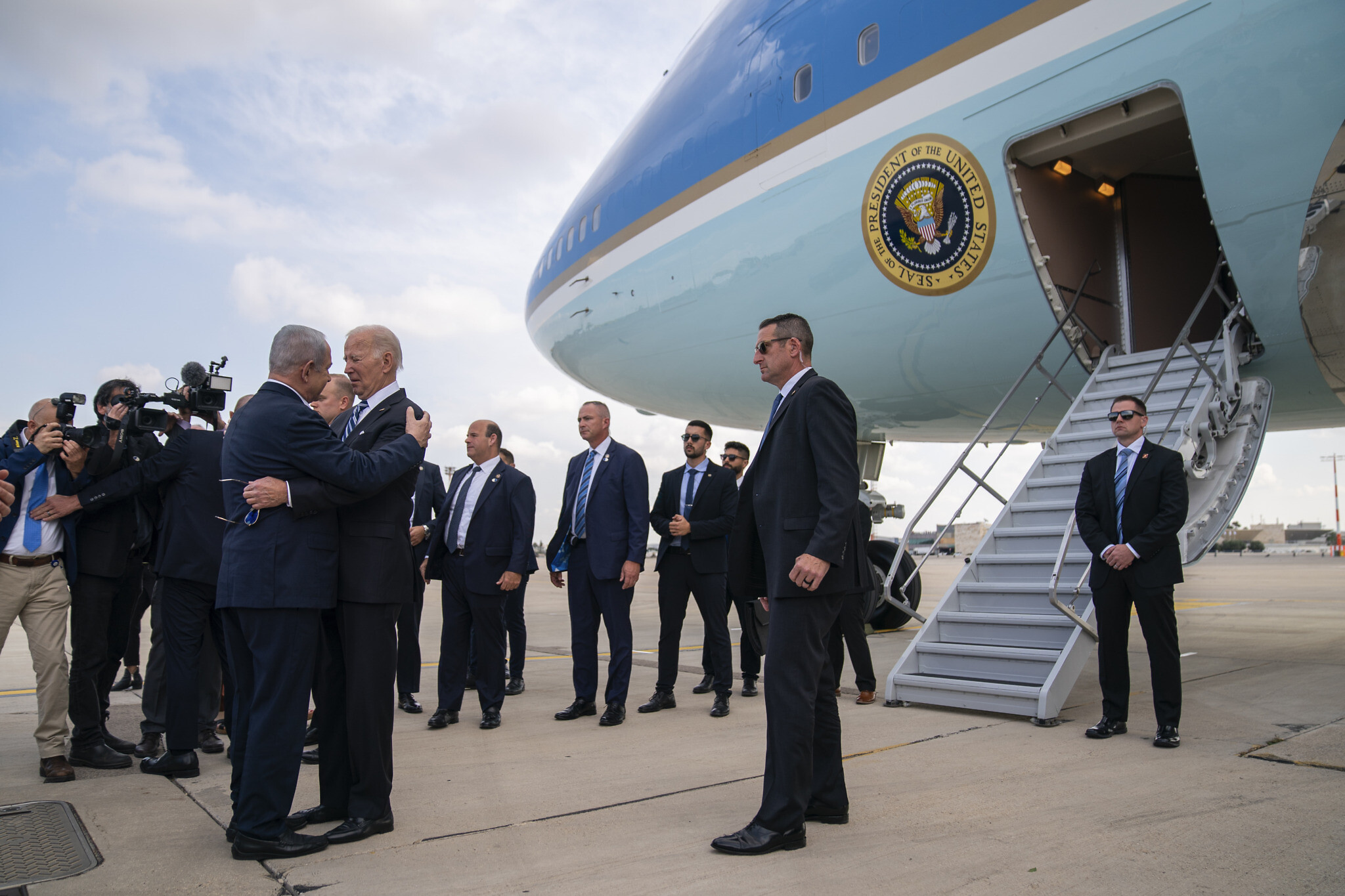
In a dramatic turn of events, Israeli Prime Minister Benjamin Netanyahu is set to meet with President Joe Biden at the White House during his U.S. visit, amidst ongoing conflict between Israel and militant group Hamas which has led to a humanitarian crisis in the Gaza Strip. Netanyahu's speech offers him an opportunity to show that U.S support remains ironclad despite tensions with the Biden administration.
Critics argue that Netanyahu's visit and speech grant legitimacy to a polarizing leader whose public support has plummeted and ignore the calls for cease-fire and return of hostages held in Gaza. As efforts continue to bring about a cease-fire between Israel and Hamas, rising concerns about the war spreading to Lebanon and Yemen, and the U.S. in the midst of a dizzying election campaign, Netanyahu's speech has the potential to cause disarray on both sides of the ocean.
The risks only increased with Biden's decision Sunday to drop out of the race for president, especially since his announcement coincided with Netanyahu's departure from Jerusalem. As efforts continue in Washington and internationally to negotiate a truce between Israel and Hamas, it remains to be seen how Netanyahu's visit will impact ongoing diplomatic efforts.
In addition to the meeting with President Biden, Netanyahu is also scheduled to speak before Congress at the invitation of House Speaker Nancy Pelosi. This marks a significant shift from previous visits when Netanyahu was often criticized for aligning with Republicans. However, tensions between the two parties have eased since Biden's withdrawal from the presidential race.
As Netanyahu arrives in Washington, he faces mounting criticism for prolonging the war for his own political benefit. Officials in Jerusalem maintain that Israel will not agree to withdraw its forces from the Philadelphi Corridor along the Egyptian border and will not allow unrestricted access for Gazans seeking to return to their homes in the north. Meanwhile, administration officials express concern that last-minute demands put forth by Netanyahu may stymie ongoing negotiations in Cairo.
In a further complication, the International Criminal Court may issue arrest warrants for Netanyahu and Defense Minister Yoav Gallant in connection with alleged war crimes in Gaza. The International Court of Justice is also hearing a case accusing Israel of carrying out genocide and separately ruling that Israel should end its occupation of Palestinian territory and dismantle its settlements. Most recently, the Knesset voted to reject the establishment of a Palestinian state, underscoring Netanyahu's attitude ahead of his trip to the United States.
As tensions continue to mount in Washington and around the world, it remains unclear what impact Netanyahu's visit will have on ongoing diplomatic efforts and how it will shape U.S.-Israeli relations moving forward.


